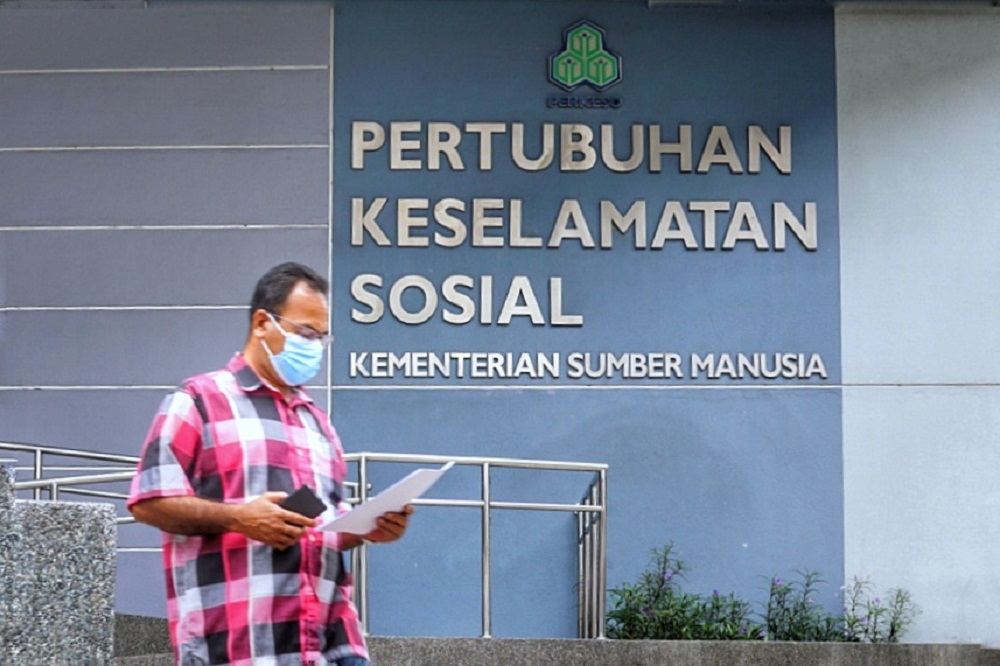
Subscribe to our Telegram channel for the latest updates on news you need to know.
KUALA LUMPUR, April 1 — The Institute of Strategic and International Studies (ISIS) has proposed to the government to extend the Employment Insurance System (EIS) benefits and address the longstanding inequities in Malaysia’s labour market and society.
Its Economics, Trade and Regional Integration (ETRI) analyst Calvin Cheng said the EIS job search allowance benefits should also be increased temporarily, at least by a maximum of six months or until the unemployment rate reaches 4.0 per cent or equal to pre-pandemic level.
“More and more Malaysians remain unemployed increasingly beyond the six-month duration and even more remain outside of the labour force as they are not looking for work yet.
“Therefore, this unemployment system should take this into account and allow employed or future job seekers who are currently inactive outside the labour force more time to seek employment before their lifeline runs out,” he said.
He was one of the speakers at the ISIS national affairs forum, titled “Fighting the Inequality Pandemic: Covid-19 and Its Economic Impacts on Marginalised Worker Groups”, held virtually today.
He said the EIS coverage also ought to be expanded to non-salaried workers who did not meet the social security organisation’s (Socso) minimum qualifying contributions.
The EIS, managed by Socso is designed as a safety net for workers who have lost their jobs due to retrenchment or other similar circumstances.
It provides financial support to enable such workers to make ends meet for up to six months while looking for their next source of employment.
Cheng further suggested that active labour market components of EIS be expanded to include training allowance as well as fee and job matching initiatives.
“This can help Malaysians return to work quicker and help fasten the lower skilled workers, who have been deeply affected by the pandemic, to upskill and reskill to find employment,” he said.
On inequities in the labour market, he said Covid-19 had left marginalised worker groups like youth, women and lesser-educated workers disproportionately affected.
“These worker groups had also been largely left out of the partial recovery since May 2019,” he noted.
He suggested that the gender-sensitive fiscal policy that helps distribute the burden of care, work more equitably by subsiding childcare and expanding public investment in accessible state-fund childcare facilities nationwide.
Legal protection to women against systemic labour market discrimination should also be granted whilst investing in publicly-funded universal paid family leave policies that encourage the uptake of paternity leave and equitable sharing of parental responsibilities, he said.
“Policy actions need to focus on building economic resilience for the future and broadening and deepening existing social safety net programmes whilst working towards dismantling the structural inequities inherent in Malaysia’s society and economy,” he added. — Bernama


